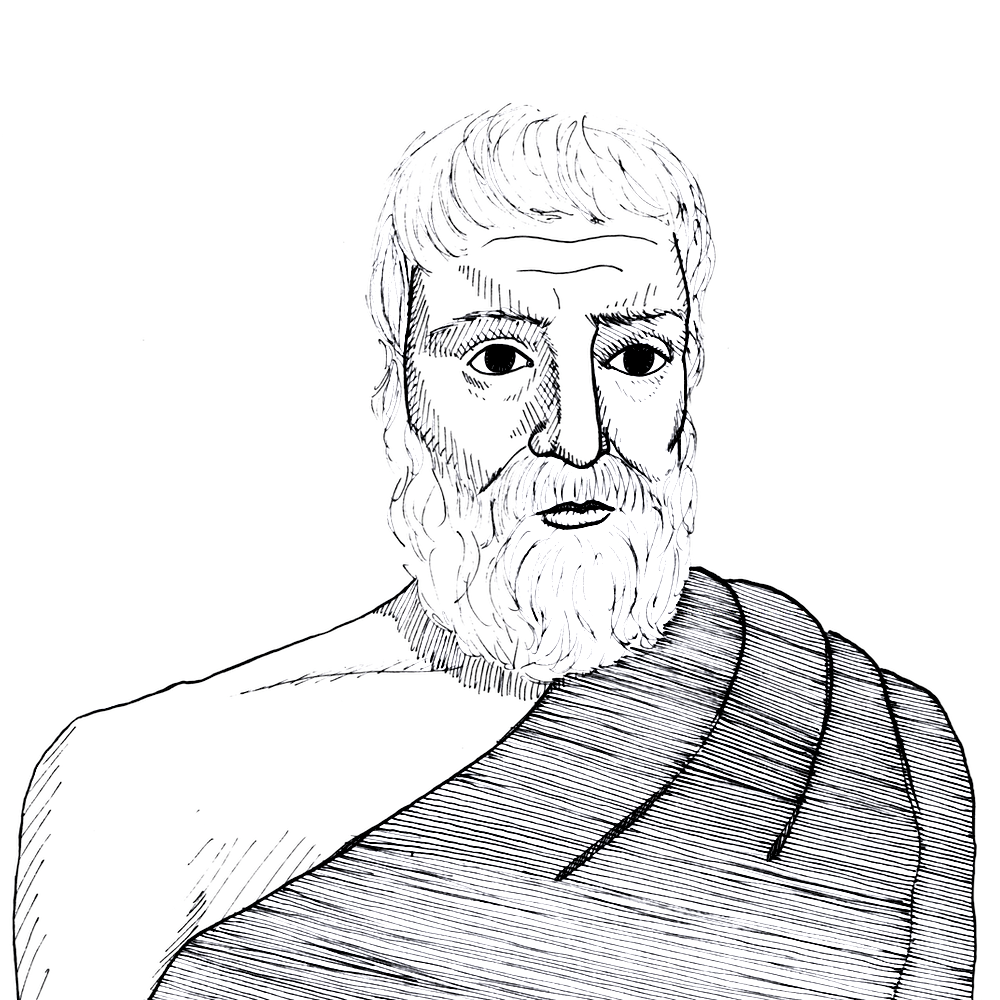
Epictetus on one’s inner freedom that is immune to external coercion (c. 100 CE)
Found in: The Works of Epictetus. Consisting of His Discourses, in Four Books
The ex-slave and Stoic philosopher Epictetus (55-100 CE) argues that one’s inner power to assent or not to assent to something is what constitutes one’s true freedom:
Natural Rights
What is it, then, that makes a man free and independent? … [C]an any one make you assent to a falsehood? “No one.” In the matter of assent, then, you are unrestrained and unhindered. “Agreed.” Well, and can any one compel you to exert your aims towards what you do not like? “He can. For when he threatens me with death, or fetters, he thus compels me.” If, then, you were to despise dying or being fettered, would you any longer regard him? “No.” Is despising death, then, an action in our power, or is it not? “It is.” Is it therefore in your power also to exert your aims towards anything, or is it not? “Agreed that it is. But in whose power is my avoiding anything?” This, too, is in your own. “What then if, when I am exerting myself to walk, any one should restrain me?” What part of you can he restrain? Can he restrain your assent? “No, but my body.” Ay, as he may a stone. “Be it so. But still I cease to walk.”